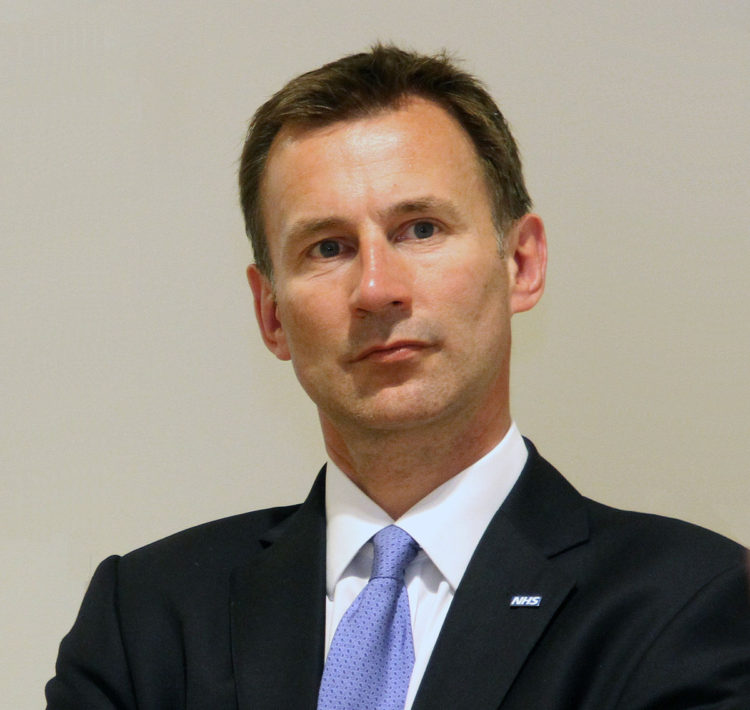By Ben Kerrigan-
Chancellor Jeremy Hunt has today declared the most substantial cash increase in the National Living Wage (NLW) in over a decade, marking a historic moment in the government’s commitment to end low pay.
The NLW will surge by almost 10%, soaring from £10.42 to £11.44 per hour, providing a pay rise of over £1,800 per year for a full-time worker. This development on the face of it fulfils the government’s manifesto promise to eradicate low pay for those on the NLW.
As from now, it will be illegal to pay employees a wage under the minimum wage of £11.
Since its introduction in 2016, the NLW has played a crucial role in significantly reducing the number of people on low pay, witnessing a drop from 21.3% to 8.9% since 2010. This forthcoming pay boost will continue this trajectory, benefiting an estimated 2.7 million workers directly.
Key to this announcement is the extension of NLW eligibility to 21-year-olds for the first time, aligning with the government’s vision to ensure fair compensation across age groups. A 21-year-old worker will experience a 12.4% increase, seeing their hourly wage rise from £10.18 to £11.44, equivalent to nearly £2,300 annually for a full-time position.
Additionally, younger workers will also witness a surge in the National Minimum Wage rates. Eighteen to 20-year-olds will receive a wage increase to £8.60 per hour, reflecting a substantial £1.11 per hour pay rise.
Furthermore, the NLW accomplishment aligns with the government’s ambitious target to elevate it to two-thirds of median earnings by 2024. The Chancellor emphasized the positive impact of the NLW, asserting that it has been instrumental in halving the number of people on low pay since 2010.
This announcement is part of the broader strategy to boost employment and ensure equitable compensation, with the Chancellor set to reveal additional measures in tomorrow’s Autumn Statement.
The NLW, which currently applies to individuals over 23, will now include 21- and 22-year-olds, reinforcing the commitment to end low hourly pay across age groups. The government’s efforts include the doubling of personal tax thresholds, enabling working individuals to earn £1,000 a month tax-free for the first time.
The NLW increase is as a significant step towards creating a fairer and more equitable workforce, addressing long-standing concerns about low pay and providing financial relief for millions of workers across the country.




